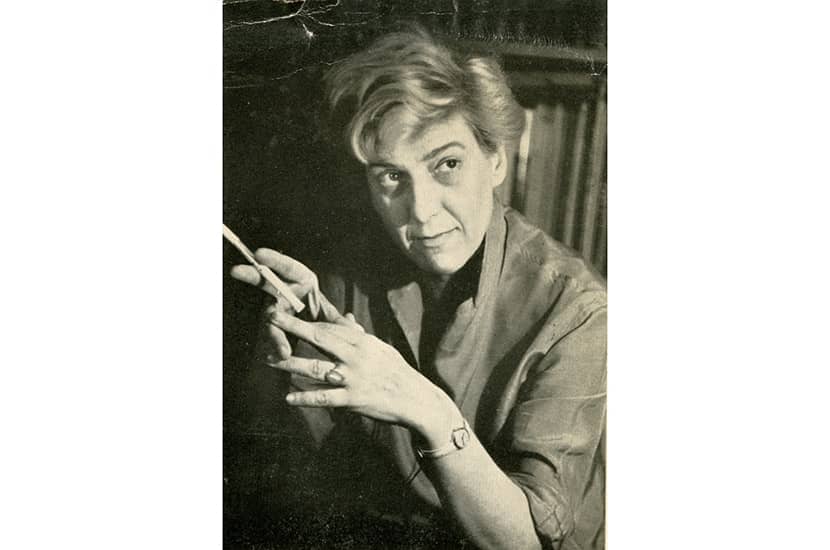Her name has faded, but the British author and editor Kay Dick once cut a striking figure. She lived in Hampstead with the novelist Kathleen Farrell for more than 20 years, among a mid-20th-century literary set that included Stevie Smith and Ivy Compton-Burnett. Her most acclaimed novel was The Shelf, the story of a lesbian affair which drew heavily on her own life and circle.
In 1977, she published They, a dystopian horror quite unlike her other work. It won the South-East Arts Literature Prize but soon went out of print, where it remained until a literary agent chanced on it in a charity shop. Reissued with an introduction by Carmen Maria Machado, another master of the uncanny, They makes its second entrance, into a world that has caught up.
‘They’ are everywhere: an inexorable mob, terrifying in its lack of governing intelligence
Its subtitle ‘A Sequence of Unease’ aptly expresses its form, which resembles interlinked stories, or a ‘fix-up novel’.

Get Britain's best politics newsletters
Register to get The Spectator's insight and opinion straight to your inbox. You can then read two free articles each week.
Already a subscriber? Log in







Comments
Join the debate for just $5 for 3 months
Be part of the conversation with other Spectator readers by getting your first three months for $5.
UNLOCK ACCESS Just $5 for 3 monthsAlready a subscriber? Log in